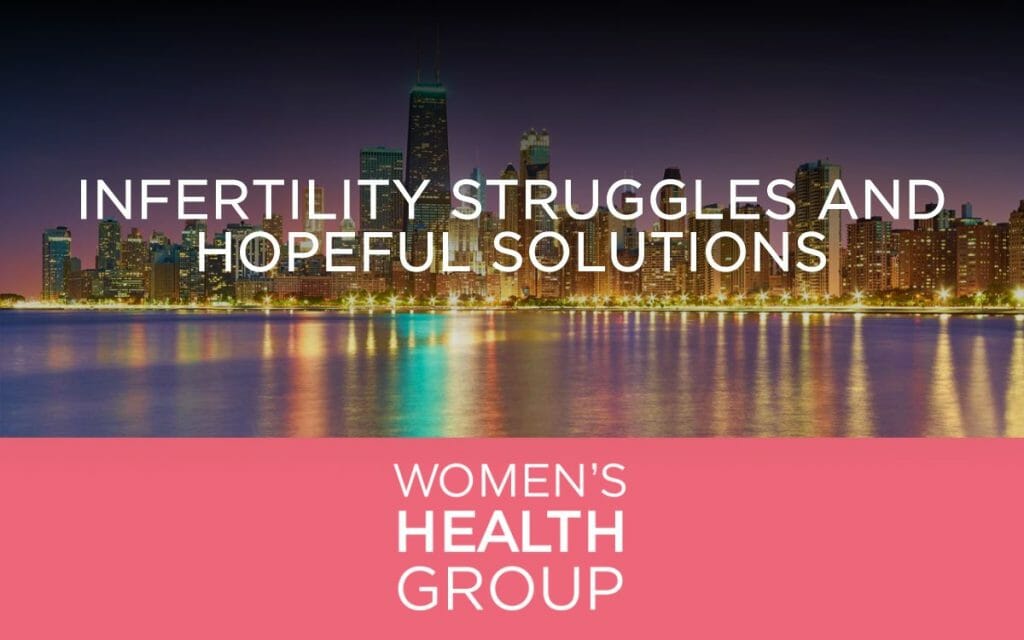Understanding Infertility and its Impact
Infertility remains an often misunderstood and stigmatized issue in society today. It affects an estimated one in eight couples, creating a challenging hurdle on their path to starting a family. The word ‘infertility’ is used when a couple is unable to conceive after having regular unprotected sex for at least a year. It might also refer to the biological inability of an individual to contribute to conception or to a female who can’t carry a pregnancy to full term.
Infertility isn’t just a woman’s issue; both men and women contribute to infertility in nearly equal proportions. Despite this, it is often the woman who suffers most, primarily due to societal pressures and expectations. As physicians specialized in Obstetrics and Gynecology, at the Women’s Health Group in Chicago, Illinois, we’ve seen firsthand these struggles and we believe it’s time to shed light on this important topic and to provide some hopeful solutions.
Causes of Infertility
Understanding the possible causes of infertility is a crucial first step towards finding a solution. The cause of infertility can be difficult to determine, but several factors may be at play.
For women, these might include issues related to ovulation such as Polycystic Ovary Syndrome (PCOS) or Primary Ovarian Insufficiency (POI), blocked or damaged fallopian tubes, or problems with the uterus or cervix. Age also plays an important part, as fertility tends to decrease with advancing age, typically after the age of 35.
Men’s fertility, on the other hand, is most commonly affected by sperm disorders such as low sperm count or issues with sperm function. Other factors might include ejaculation disorders or structural problems in the testes or other parts of the male reproductive system.
For some couples, no cause can be found, leading to a diagnosis of unexplained infertility. Whatever the cause, it’s essential to remember that infertility is a medical condition that can be addressed with appropriate interventions and treatments.
Diagnosis and Treatment
The journey to diagnosis begins with a comprehensive evaluation, aided by advanced diagnostic tools like blood tests, ultrasound, and in some cases, minor surgical procedures. Both partners need to be tested, as the cause can stem from either, or both, of them.
Treatment for infertility varies, depending on the underlying cause, the couple’s age, how long they’ve been infertile, personal preferences, and their general state of health. Options include medicine to assist with ovulation, surgical procedures to address structural issues, intrauterine insemination (IUI), or assisted reproductive technologies like In vitro fertilization (IVF).
While infertility can be a deeply personal and reportedly isolating journey, it’s important that women and their partners know that the medical community, including us at Women’s Health Group, is here to help provide individualized treatment plans and direct support.
Moving Forward: Hopeful Solutions
Revolutionary advancements in reproductive medicine have provided new hope for those struggling with infertility. From the development of fertility drugs to optimize ovulation, to the advent of assisted reproductive technologies, never before have there been so many options to overcome infertility.
IVF, in particular, has transformed the landscape of infertility treatment, offering a viable pathway to parenthood for many couples who would have previously been left with no solutions. For women with blocked or damaged fallopian tubes, or for men with severe sperm-quality issues, IVF can facilitate the meeting of sperm and egg outside of the body, with the resulting embryos then transferred back into the woman’s uterus.
Furthermore, fertility preservation methods such as egg or sperm freezing offer the opportunity for individuals or couples to delay childbearing without worrying about the natural decline in fertility with age.
For more detailed information on infertility, its causes, and treatment options, we recommend the Mayo Clinic and Women’s Health Government resources as they provide reliable, medical insights and updates.
Final Thoughts
Infertility is a challenge faced by many, but through the right support and access to cutting-edge medical treatments, it is no longer an insurmountable one. We continue to advocate for increased public awareness and understanding of infertility to reduce the stigma and isolation often associated with it.
At Women’s Health Group, we want to assure all women and couples struggling with infertility that they are not alone. We are here to listen, to provide support, and to help guide you through your journey towards parenthood. Despite the struggles, there is always hope and we’re here to help you find it.




